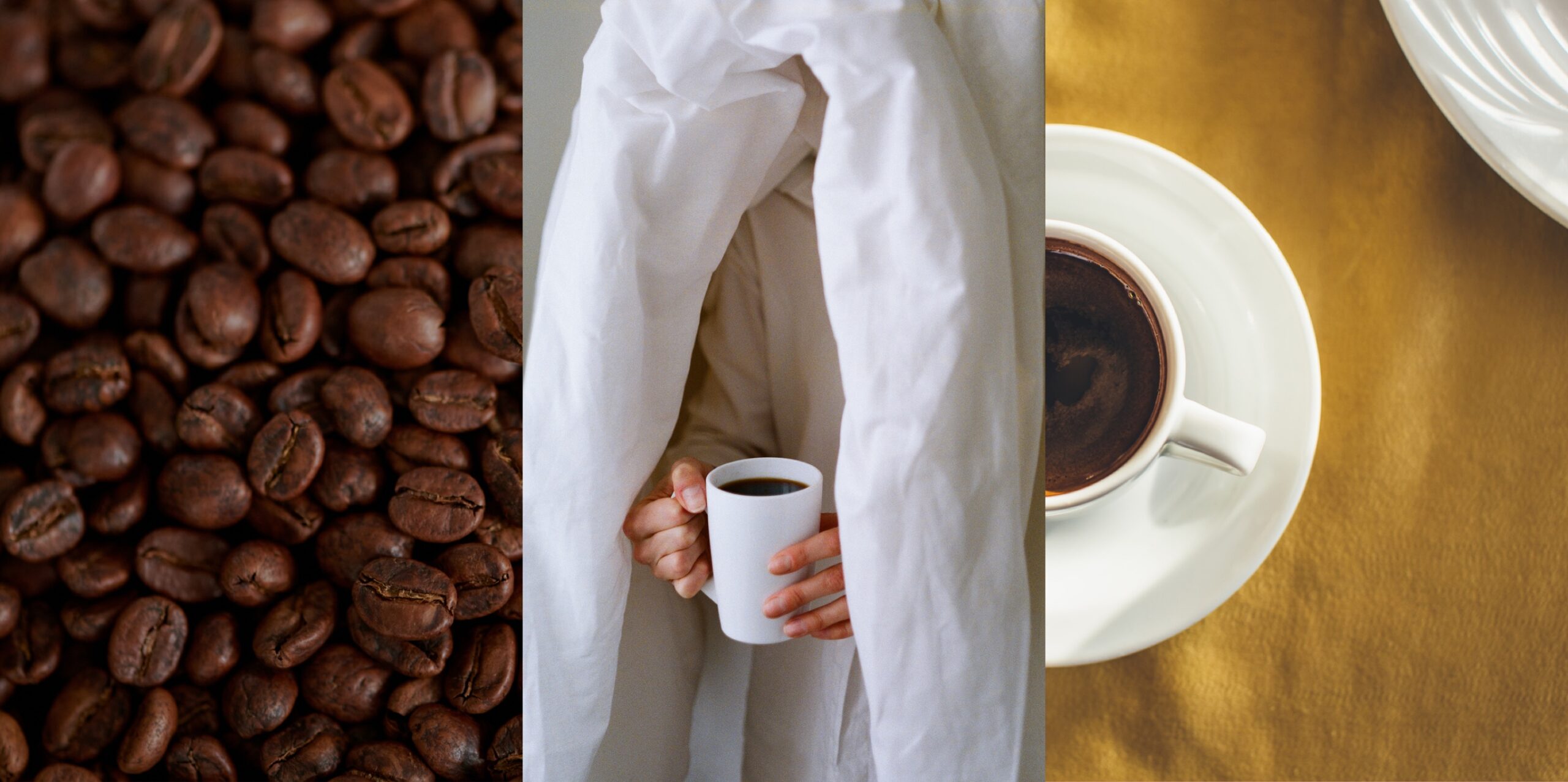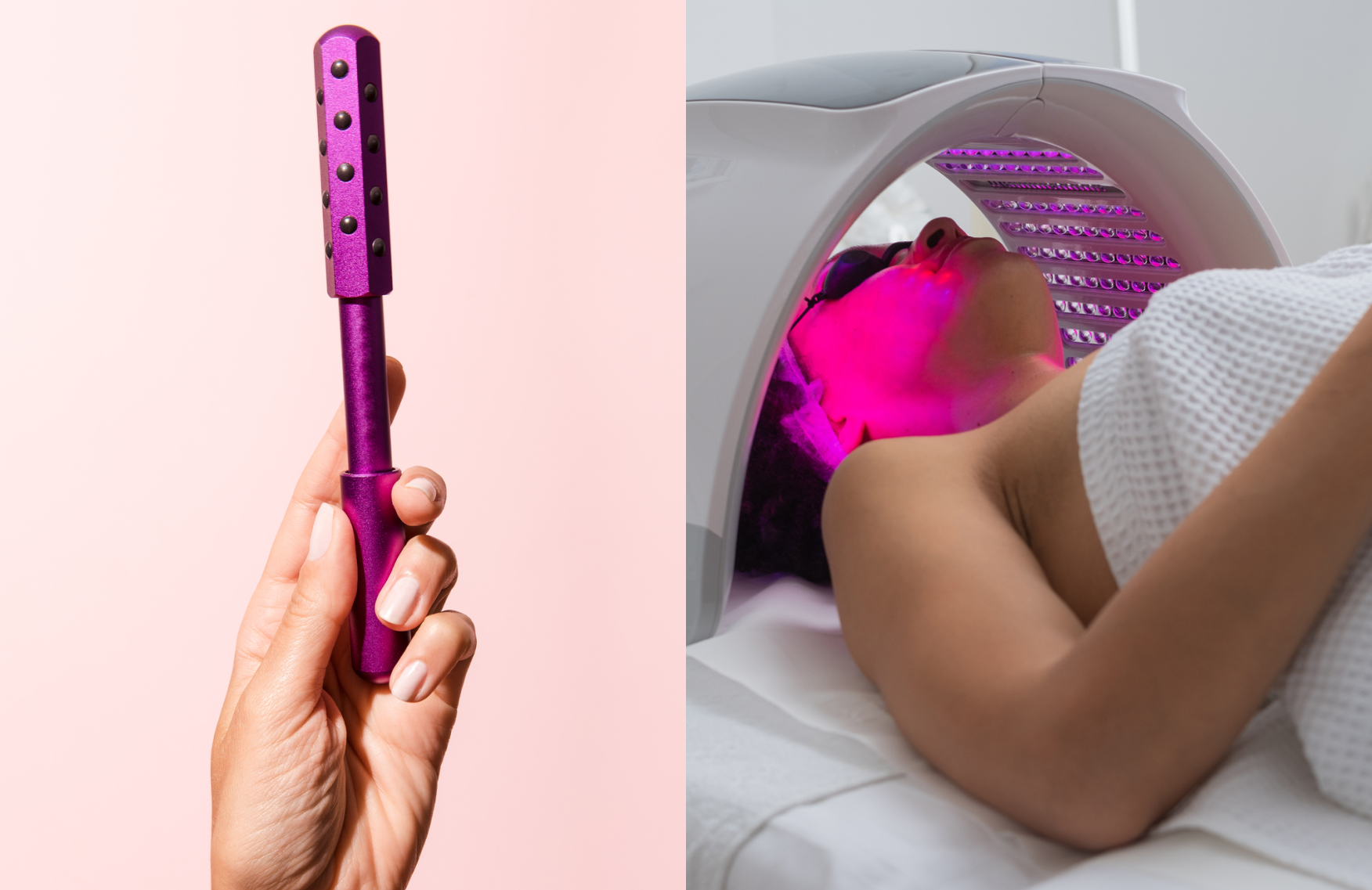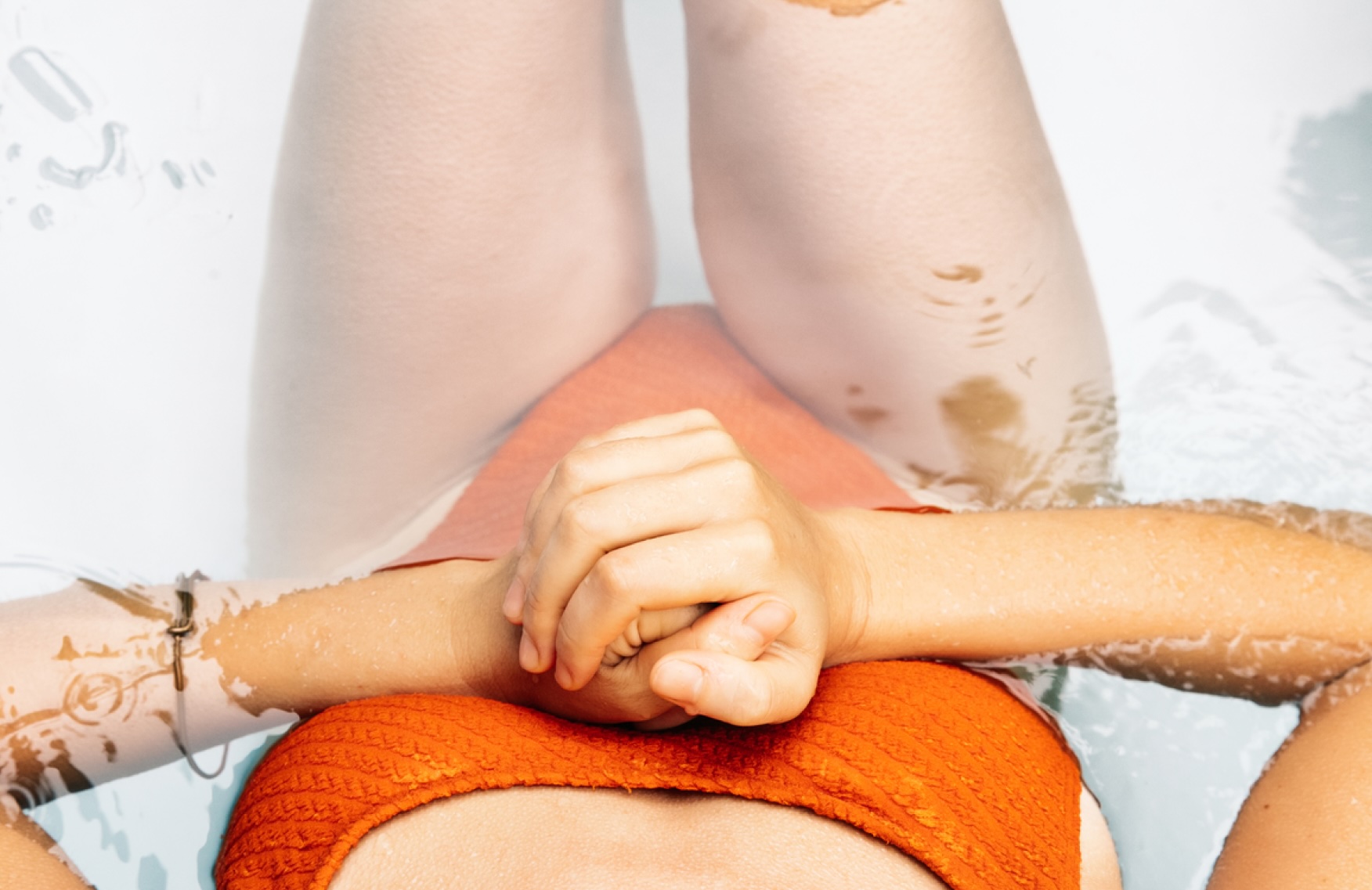The real tea on caffeine: So it’s not dehydrating and bad for your skin? And it has health benefits?!

Caffeine is, undoubtedly, the world’s most popular mental picker-upper — especially in America. According to one 9-year study, just about 90 percent of Americans consume caffeine in one way or another, every single day. Though coffee and tea immediately come to mind when you think about how caffeine, it’s also in a vast array of foods and beverages like cola, chocolate, energy drinks, yerba mate, kola nuts, cacao beans, guarana berries — it’s even in some medications and gums.
Once consumed, caffeine races through your bloodstream, making you feel more alert around 15 minutes after you have some. That buzz can last for up to 6 hours. And no wonder it’s addictive; caffeine enhances dopamine signaling in the brain — a neurotransmitter/chemical messenger in your brain that works like a reward center, according to the Cleveland Clinic. The more dopamine “hits” you get, the more ‘up’ you feel.
But is caffeine good or bad for you? Or, how much caffeine is too much? And is it a good thing or a bad thing for your skin?
Coffee is one thing, caffeine is another
What’s so interesting about the whole caffeine question is the role that coffee plays in it. “It’s hard to separate out the effects of caffeine from coffee because they independently have beneficial effects,” explains Donald Hensrud, MD, Associate Professor of Preventive Medicine and Nutrition, Mayo Clinic College of Medicine. “There are some effects from coffee separate from caffeine, and there are the effects of caffeine.”
He says that many studies have shown coffee itself to have a plethora of health benefits. “For example, both caffeinated and decaffeinated coffee have been shown to slightly decrease the risk of type 2 diabetes, which suggests that it’s something other than caffeine in coffee,” says Hensrud.
Studies show drinking as many as 3 cups of black coffee a day can reduce the risk of heart-related issues like stroke and heart disease, Alzheimer’s Disease, type 2 diabetes, liver disease, and multiple sclerosis. Plus, a study from the Harvard T.H. Chan School of Public Health found heavy coffee drinkers (4+ cups per day) to have a “significantly lower” risk of early death from colorectal cancer.
Caffeine itself is a mixed bag
Hensrud mentions a study that shows coffee seems to be protective against Parkinson’s Disease, but decaffeinated coffee isn’t, so the protective qualities are the result of caffeine other than the antioxidants in coffee.
But heavy-duty caffeine consumption isn’t for everybody. Drinking 3+ cups a day during pregnancy has been associated with low birthweight and preterm births. Also, since coffee is a stimulant, it’s not the greatest to chug coffee in the afternoon or evening if you have insomnia.
“Energy drinks and soft drinks contain tons of sugar and other chemical ingredients that aren’t necessarily the healthiest to consume. With energy drinks, there have even been a few cases of toxicity,” Hensrud notes.
Another recent trend is caffeine powder to fuel gym workouts, which is also not the best idea. Hensrud also says synthetic caffeine powder isn’t legally sold in bulk because dosing is tricky and it can be quite toxic if overconsumed, so it’s best avoided.
When it comes to your caffeine consumption, Hensrud says the side effects you experience should determine how much you can have, because not everyone metabolizes coffee the same way. “Caffeine is metabolized on a genetic basis. There’s an enzyme that metabolizes caffeine and it’s genetically determined how much of it is active in people,” Hensrud explains.
This is why you might not be able to have caffeine after lunch, but your friend can order an espresso after dinner and pass out with no problem a couple of hours later. “Your friend might have fewer side effects from caffeine, too,” Hensrud says. Acid reflux or heartburn, problems sleeping, irritability, palpitations and urinary frequency in predisposed people, are side effects that are more often associated with caffeine than coffee.
And what about your skin on caffeine?
You may have heard that coffee is dehydrating, but you’d have to consume it in large quantities to notice an effect on your skin. “Drinking caffeine-containing beverages as part of a normal lifestyle doesn’t cause fluid loss in excess of the volume ingested. While caffeinated drinks may have a mild diuretic effect — meaning that they may cause the need to urinate — they don’t appear to increase the risk of dehydration,” says Mayo Clinic registered dietician and nutritionist Katherine Zeratsky.
Caffeine is also featured in everything skincare from under-eye serums to anti-cellulite creams, and claims galore state it will wake your skin up as it does your brain.
According to the Cleveland Clinic, the benefits of topical caffeine are antioxidants that protect skin from free radicals; the way it constricts blood vessels and brightens your skin, the way it reduces inflammation and thus puffiness; and, in anti-cellulite products, stimulates enzymes that break down and dehydrate fat cells, making your skin look a little tighter.
However, the benefits of topical use are likely short-term, says Hensrud. With respect to clinical skin issues, he mentions some limited studies on using caffeine as an ingredient to treat psoriasis. One study found caffeine to protect skin from “oxidative stress-induced senescence,” or stress-induced skin cell damage, whether it was consumed by a human or in a petri dish, which could potentially point to a way to utilize caffeine in the protection of skin disease. So for clinical skin conditions, it seems caffeine has some medical potential but the research just isn’t there to substantiate it yet.
Overall, the way to go with caffeine is to consume it within the confines of your ability to metabolize it — and feel free to slather some on while you’re at it. “Caffeine has some health benefits and some health risks. It depends on the form of caffeine, whether it’s powder or actual coffee,” Hensrud says. “For many people, modest amounts of caffeine in coffee — because it’s been studied the most — does have some health benefits, as long as people aren’t having side effects.”
The views expressed in this article do not necessarily represent the views of Murad, and are for informational purposes only, even if the advice of physicians and medical practitioners are included. This article is not a substitute for professional medical advice, diagnosis or treatment, and should not be considered specific medical advice.
References for this information:
The American Journal of Clinical Nutrition, 2005, volume 101, issue 5, pages 1081-1087
Translational Psychiatry, 2015, volume 5, issue 4
Cleveland Clinic Website, Health Library
Mayo Clinic Website, Healthy Lifestyles
Journal of Gastroentroenterology and Hepatology, 2014, volume 29, issue 3, pages 435-441
American Gastroenterological Association, 2017, volume 154, issue 4, pages 916-926
Nutrients, 2020, volume 12, issue 6
U.S. Food and Drug Administration Website, Press Announcements
Cleveland Clinic Website, Skin Care & Beauty
Theranostics, 2018, volume 8, issue 20


